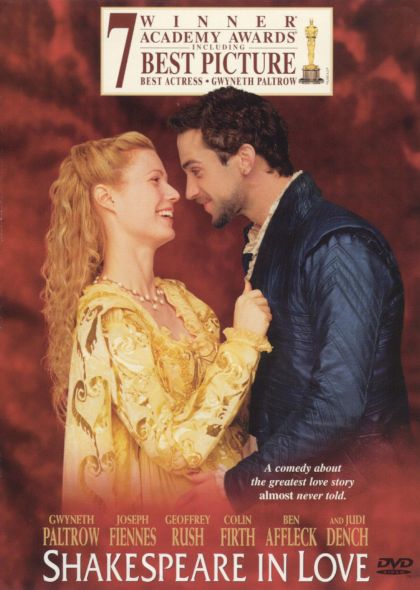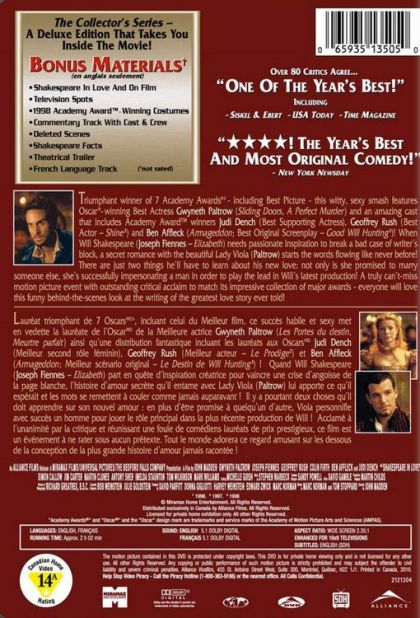One of the most winning and intelligent romantic comedies of the '90s, Shakespeare in Love is filled with such good will, sunny romance, snappy one-liners, and devilish cleverness that it's absolutely irresistible. At the 1999 Academy Awards, this dark-horse costume comedy sneaked off with seven Oscars, besting the highly favored Saving Private Ryan for Best Picture. With tongue placed firmly in cheek, at its outset the film tracks young Will Shakespeare's overwrought battle with writer's block and the efforts of theater owner Philip Henslowe (Geoffrey Rush, in rare form) to stage Will's latest comedy, Romeo and Ethel, the Pirate's Daughter. Most of the jokes in the first one-third of the film are along these lines: Will's anachronistic therapist session, a mug inscribed "A Souvenir from Stratford-Upon-Avon," Henslowe's battles to pay off his debts, and the backstage high jinks of pre-production. However, once Will sets his eyes on the beautiful Viola De Lesseps (Gwyneth Paltrow), joking takes a backseat to ravishing romance. Well, almost--turns out Viola wants to break into the world of male-only theater, and disguises herself as a young man to wangle herself an audition. She wins the part of Romeo and, after much misunderstanding, the playwright's heart. Soon enough, Will's pirate comedy becomes a beautiful, tragic romance, and Ethel is shoved aside for a woman named Juliet. Will and Viola's romance, however, is equal parts comedy and tragedy--he's married, and she's betrothed to the slimy Lord Wessex (Colin Firth), and it doesn't take an English major to figure out that it's not all's well that ends well.
Like Shakespeare's work itself, the film is instantly accessible to everyone, from the raucous groundlings looking for low comedy to the aesthetes hankering for some intellectual bite behind their entertainment. The way that Oscar-winning screenwriters Marc Norman and Tom Stoppard enfold their story within the parameters of Romeo and Juliet (and even Twelfth Night) is nothing short of brilliant--it would take a Shakespearean scholar to dissect the innumerable parallels, oft-quoted lines, plot developments, and thematic borrowings. And most amazingly, Norman and Stoppard haven't forgotten to entertain their audience in addition to riding a Shakespearean roller coaster. Director John Madden (Mrs. Brown) reigns in his huge ensemble with a rollicking energy that keeps the film's momentum going at top speed for its entire two hours. Along the way there are small gems to be found: Ben Affleck's riotous egotistical actor, Imelda Staunton's nimble nurse, and of course Judi Dench's eight-minute, Oscar-winning turn as a truly regal Queen Elizabeth. However, the key element of Shakespeare in Love's success rests on the milky-white shoulders of its two stars. Fiennes, inexplicably overlooked at Oscar time, is a dashing Will as we might expect him at the early stage of his career, bundled full of comedy and tragedy but unsure of how to harness his talent. And as for Best Actress winner Paltrow... well, nothing she'd done before could have prepared viewers for how amazing she is here. Breathtakingly beautiful, fiercely intelligent, strong-willed, and lovestruck--it's a performance worthy of Shakespeare in more ways than one. By the film's end, you'll be thoroughly won over--and brushing up your Shakespeare with newfound ardor. --Mark Englehart
Romantic comedy set in London in the late 16th century: Young playwright William Shakespeare struggles with his latest work "Romeo and Ethel the Pirate's Daughter". A great fan of Shakespeare's plays is young, wealthy Viola who is about to be married to the cold-hearted Lord Wessex, but constantly dreams of becoming an actress. Women were not allowed to act on stage at that time (female roles were played by men, too), but dressed up as a boy, Viola successfully auditions for the part of Romeo. Soon she and William are caught in a forbidden romance that provides rich inspiration for his play. Written by Armin Ortmann {armin@sfb288.math.tu-berlin.de}
Will Shakespeare is a known but struggling poet, playwright and actor who not only has sold his next play to both Philip Henslow and Richard Burbidge but now faces a far more difficult problem: he is bereft of ideas and has yet to begin writing. He is in search of his muse, the woman who will inspire him but all attempts fail him until he meets the beautiful Viola de Lesseps. She loves the theatre and would like nothing more than to take to the stage but is forbidden from doing so as only men can be actors. She is also a great admirer of Shakespeare's works. Dressing as a man and going by the name of Thomas Kent, she auditions and is ideal for a part in his next play. Shakespeare soon see through her disguise and they begin a love affair, one they know cannot end happily for them as he is already married and she has been promised to the dour Lord Wessex. As the company rehearses his new play, Will and Viola's love is transferred to the written page leading to the masterpiece that is Romeo and Juliet.
- Written by garykmcd
Romantic comedy set in London in the late 16th century: Young playwright William Shakespeare struggles with his latest work "Romeo and Ethel the Pirate's Daughter". A great fan of Shakespeare's plays is young, wealthy Viola who is about to be married to the cold-hearted Lord Wessex, but constantly dreams of becoming an actress. Women were not allowed to act on stage at that time (female roles were played by men, too), but dressed up as a boy, Viola successfully auditions for the part of Romeo. Soon she and William are caught in a forbidden romance that provides rich inspiration for his play.
- Written by Armin Ortmann
La storia, un pò realtà e molta fantasia, ci riporta indietro ai tempi in cui William Shakespeare, dopo aver scritto il "Tito Andronico", è in crisi di ispirazione. Fra l'altro, è afflitto anche da problemi finanziari e sentimentali. Il grande William si muove in strade buie e sporche di una Londra del 1593, in cerca di compagnia femminile e di soldi da scroccare. Ha promesso a due produttori lo stesso dramma ("Romeo ed Ethel, la figlia del pirata"); ma Cristopher Marlowe, poeta molto in voga, gli consiglia invece di parlare di due innamorati che non possono amarsi a causa delle loro famiglie: nasce così "Romeo e Giulietta"! Alla finzione teatrale, si unisce quella reale, quando Shakespeare conosce Viola de Lesseps, ricca ed affascinante promessa sposa di un nobile. Per i due è il colpo di fulmine! Si amano alla follia e lei è disposta anche a travestirsi da uomo pur di recitare in teatro affianco all'uomo che ama. Alla fine, l'opera andrà in scena con enorme successo, ma la ragazza dovrà sposare il nobile e partire con lui per le Americhe.
- Written by rosebud6
SYNOPSIS
The film centres around the forbidden love of William Shakespeare (Joseph Fiennes) and a noble woman, Viola de Lesseps (Gwyneth Paltrow).
As the film begins, Shakepeare's patron Philip Henslowe (Geoffrey Rush) finds himself in debt to loan shark Hugh Fennyman (Tom Wilkinson). Henslowe offers Fennyman a partnership in the upcoming production of Shakespeare's newest comedy, Romeo and Ethel, The Pirate's Daughter promising that it will be a hit. This play will later be renamed Romeo and Juliet and be reworked into a tragedy (but with some comical undertones with a few characters, like the Nurse).
Will Shakespeare is suffering from writer's block and has not completed the play, but begins auditions for Romeo. A boy named Thomas Kent is cast in the role after impressing Shakespeare with his performance and his love of Shakespeare's previous work. Unbeknownst to Shakespeare and the rest of the theater company, Kent is young noblewoman Viola de Lesseps. Viola de Lesseps's dream is to act, but as women were barred from the stage, she must disguise herself as a young man in order to fulfill her dream.
After Shakespeare discovers his star's true identity, he and Viola begin a passionate secret affair. There are strong parallels between the pair's romance and the romance in Romeo and Juliet, including the ballroom scene from act 2 and the balcony scene immediately following it. The element of forbidden love forms the basis of Shakespeare's inspiration, and many of their conversations later show up as some of the most famous quotes in the play.
Inspired by Viola, Shakespeare begins writing feverishly. His work in progress also benefits from the off-hand advice of playwright and friendly rival Christopher Marlowe (Rupert Everett). Yet Shakespeare and de Lesseps know that their romance is doomed. Shakespeare is married, albeit long separated from his wife, and Viola is a noblewoman whose parents would never permit her to marry a commoner such as Shakespeare. In fact, Viola's father has privately arranged a betrothal for her to Lord Wessex (Colin Firth).
Viola is called to the court of Queen Elizabeth I (Judi Dench), and Shakespeare dons a woman's disguise to accompany her. At court, Shakespeare manages to goad Wessex into betting the grand sum of fifty pounds that a play cannot capture the nature of true love. If Romeo and Juliet is a success, Shakespeare as playwright will win the money. The Queen, who enjoys Shakespeare's plays, agrees to be a witness to the wager. The true purpose of the meeting is revealed when Wessex announces his intent to marry Viola.
The Lord of Revels, an official of the Queen, learns that there is a woman in the theater company at the Rose playhouse. He orders the theater closed for this violation of morality and the law. Left without a stage or lead actor, it seems that Romeo and Juliet must close before it even opened. Shakespeare is offered one last chance by the owner of a competing theater, the Curtain, who offers his own theater to Shakespeare. Shakespeare will take the role of Romeo himself, with a boy actor playing Juliet.
Viola learns that the play will be performed on the very day of her wedding. After the ceremony, Viola's loyal nurse (Imelda Staunton) helps her slip away to the theater. In one final twist, mere moments before the play begins, the boy playing Juliet starts experiencing the voice change of puberty. Viola takes the stage to replace him and plays Juliet to Shakespeare's Romeo. Their passionate portrayal of two lovers inspires the entire audience.
The Lord of Revels arrives at the theater with Wessex, who has deduced his new bride's whereabouts. The Lord invokes the name of the Queen to arrest all there for indecency. Suddenly, Elizabeth I's voice rings out from the back of the theater: "Have a care with my name - you will wear it out!" The Queen had decided to attend the play, and says that she will handle this matter herself. Although she recognizes Viola in her guise as Thomas Kent, the Queen does not unmask Viola, instead declaring that the role of Juliet is being performed by the boy Thomas Kent.
However, even a Queen is powerless to break an official marriage of the Church. Queen Elizabeth orders "Thomas Kent" to fetch Viola so that she may sail to America. She also states that Romeo and Juliet has accurately portrayed true love and Wessex is forced to pay Shakespeare the fifty pounds. This is enough to allow Shakespeare become a shareholder in a new theater. The Queen then commissions Shakespeare to write something "a little more cheerful next time." Viola and Shakespeare part, never to meet again. She must accompany Wessex to a colonial settlement in Virginia. Shakespeare immortalizes her by making the main character of his new play, Twelfth Night, a strong young woman named Viola who also disguises herself as a boy.

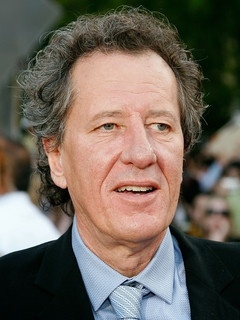
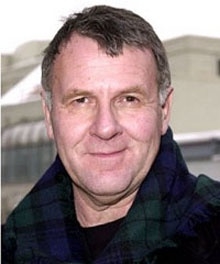
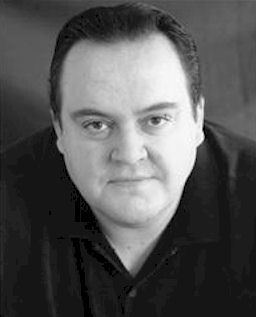
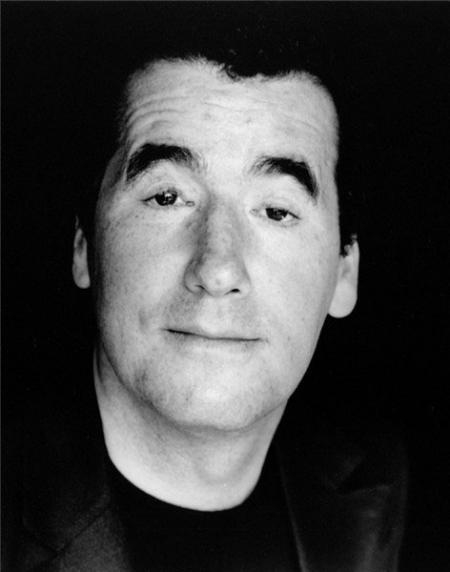
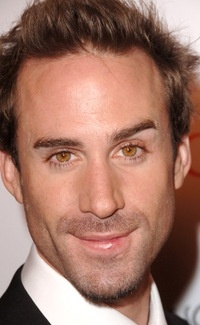
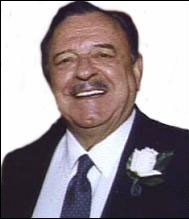
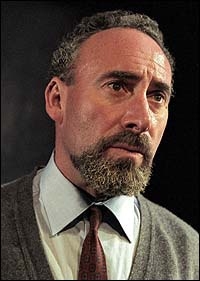

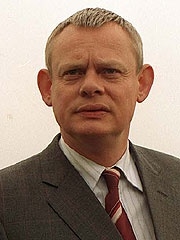

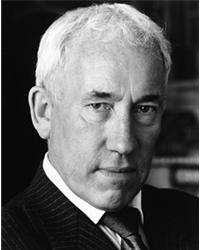
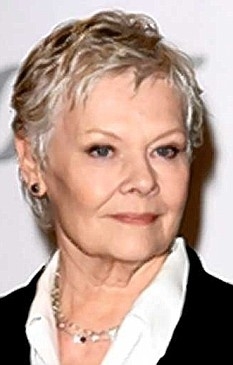

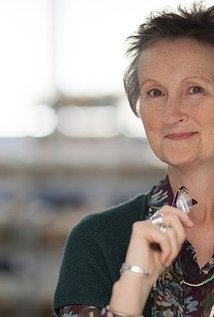
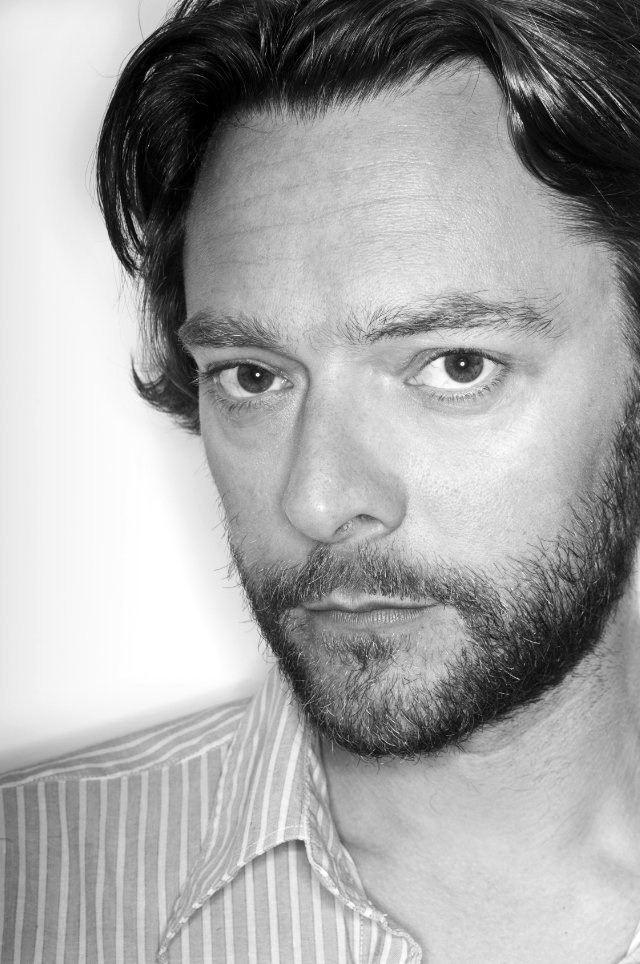
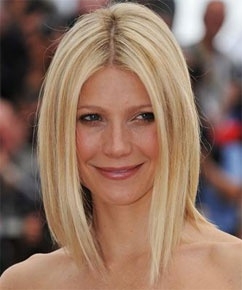
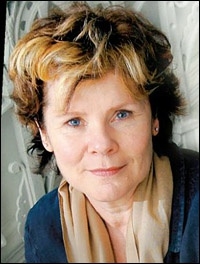
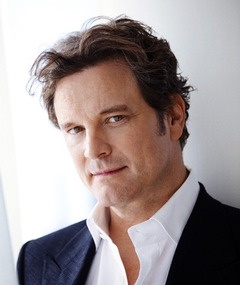
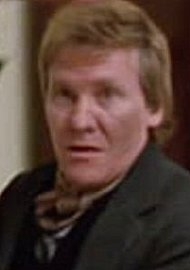

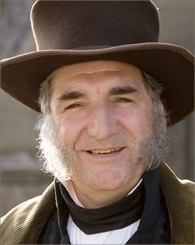







 English
English  Nederlands
Nederlands  Deutsch
Deutsch  Français
Français  Español
Español  Magyar
Magyar  српски
српски  Dansk
Dansk  Italiano
Italiano  Svenska
Svenska  Slovenčina
Slovenčina  Português
Português 
